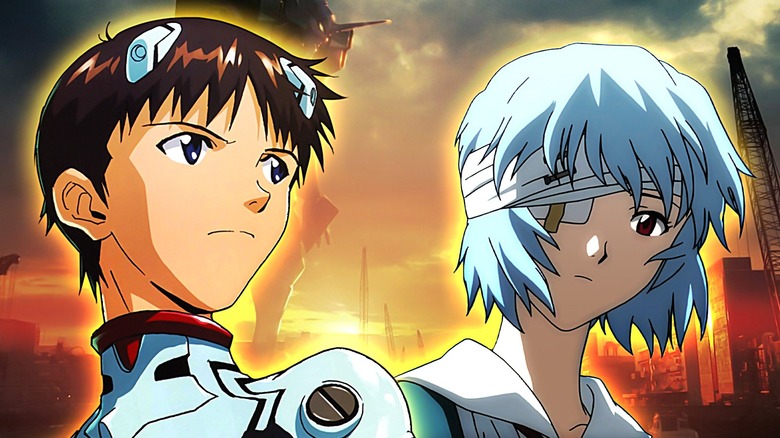
Static Media
"Neon Genesis Evangelion" is one of the best anime shows ever made, in addition to being one of the most influential. This is a bleak yet ultimately hopeful anime that starts out simple enough, with a dystopian world under siege by alien creatures known as Angels, who can only be defeated by sending literal children off to war on giant biological mechas known as an Evangelion to fight them. Creator Hideaki Anno had more than a simple "robots fighting kaiju" story in mind when he made the anime, and even in the first half, there are elements of a deeper drama with introspective moments in between the giant mecha fights.
But the second half of the anime, where Anno goes deep into the show's mythology and the characters' psyche, gives audiences one of the most harrowing, dense, and complex works of fiction. The result is a hugely influential TV show that has inspired countless anime, and even live-action movies like Jordan Peele's "Nope," all before spanning a franchise spanning six movies.
Because of the dense nature of the "Evangelion" narrative, there are countless interpretations of the meaning of the story, of Shinji Ikari as a character, of the symbolism Anno uses in the show — and none of them are wrong. That being said, there is a correct way of experiencing the "Evangelion" franchise.
The correct order to watch the Evangelion franchise
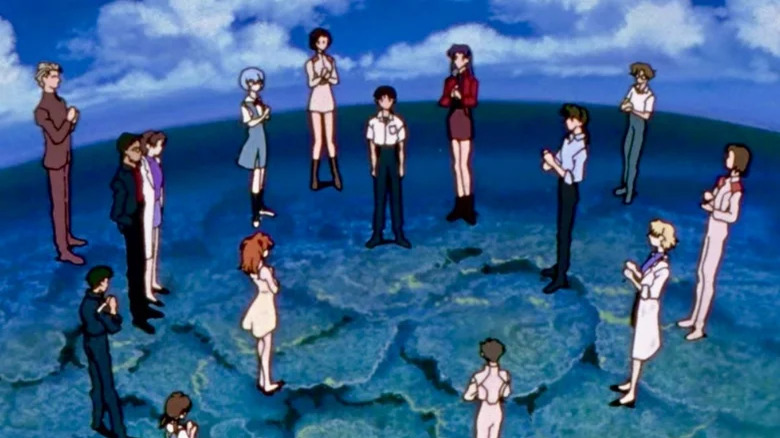
Studio Khara
The list below includes every major piece of "Evangelion" media, as the hugely popular and influential series crossed over to feature films throughout the years.
- "Neon Genesis Evangelion"
- "Neon Genesis Evangelion: Death ( True)2" also known as "Death & Rebirth"
- "The End of Evangelion"
- "Evangelion: 1.0 You Are (Not) Alone"
- "Evangelion: 2.0 You Can (Not) Advance"
- "Evangelion: 3.0 You Can (Not) Redo"
- "Evangelion: 3.0+1.0 Thrice Upon a Time"
After the huge success of the TV show, a compilation movie was produced amidst demands by fans for an alternate ending to "Neon Genesis Evangelion." That movie, "Death ( True)2" is literally just reused footage from the anime, a compilation movie that is not necessary to watch if you just watch the show proper. That alternate ending was eventually released in the form of the appropriately titled "The End of Evangelion," which is not an alternate ending but functions as a "Meanwhile..." story that shows what is happening with the rest of the world simultaneously as the story from the final two episodes of the original anime.
It wasn't until 2007 that Anno decided he couldn't resist just going back to "Evangelion" and telling the story of the "Rebuild of Evangelion" movies, which start as a remake of the anime before diverging into telling their own equally unique and poignant, and experimental story.
Endings beget beginnings
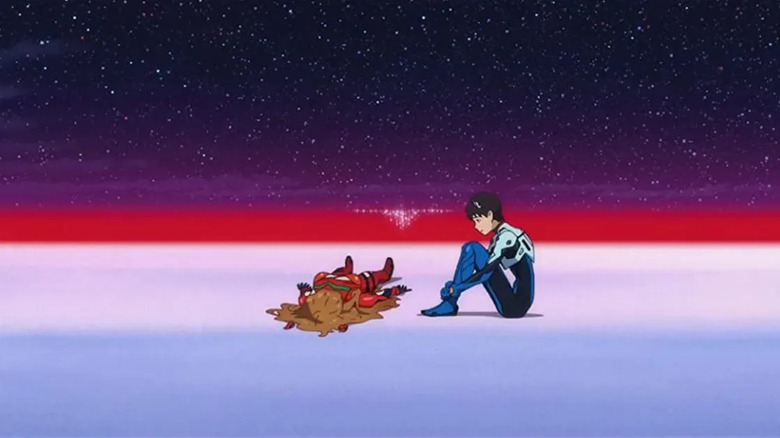
Studio Khara
In theory, you could just watch the Rebuild movies instead of the TV show, just as you could watch the original anime and skip "The End of Evangelion," as each of them tells complete stories. But to do this would be to miss out on what makes the franchise in its entirety such a fantastic whole. To explain why without spoilers is, well, about as hard as achieving 100% synchronization with an Evangelion and defeating a giant monster, but the simplest reason is that the franchise as a whole contains every single aspect of Hideaki Anno's self. His one goal for "Evangelion" was to pour himself into a story and infuse it with his own feelings and insecurities, and to fully comprehend the journey both protagonist Shinji Ikari and creator Hideaki Anno go through, you must watch the entire franchise.
And you should do it in release order, too. That's because the movies, even if they function on their own, and even if they do start off remaking the anime almost scene-by-scene, constantly comment on the original series and build upon them. Before the release of the first of the Rebuild movies, Anno described the franchise as a "story that repeats," which many fans have taken to mean there's an element of a time loop in the story. Whether or not you accept that interpretation, there's no denying that both the movies and the shows offer two different yet intrinsically connected stories that form a cohesive, dense, and complex whole. By the time you get to the last movie, it becomes clear it concludes not just the quadrilogy, but the entire 25-year-old franchise. This is a story that changes, that evolves with its creator and its audience, and it is worth experiencing in its entirety.

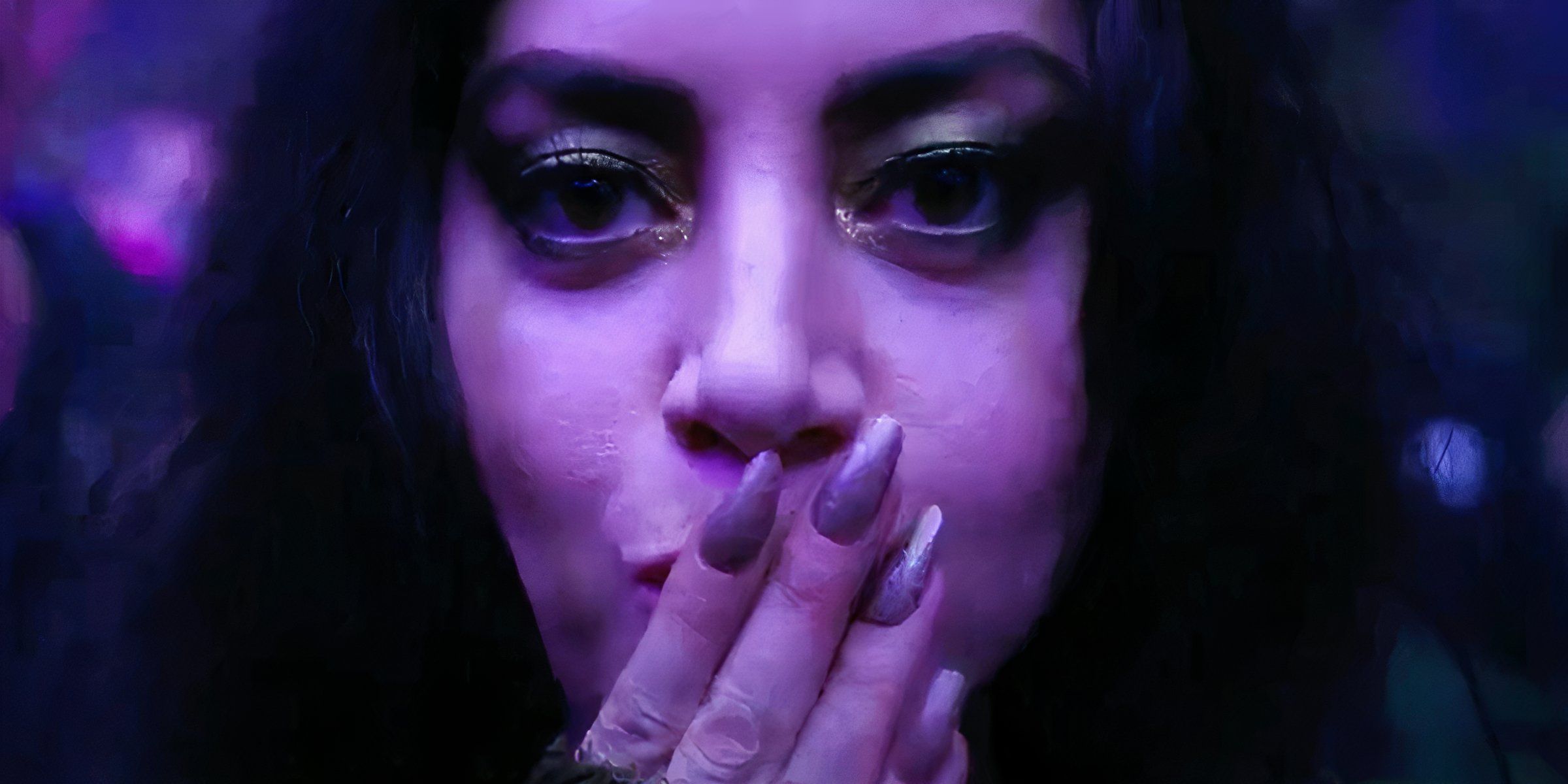
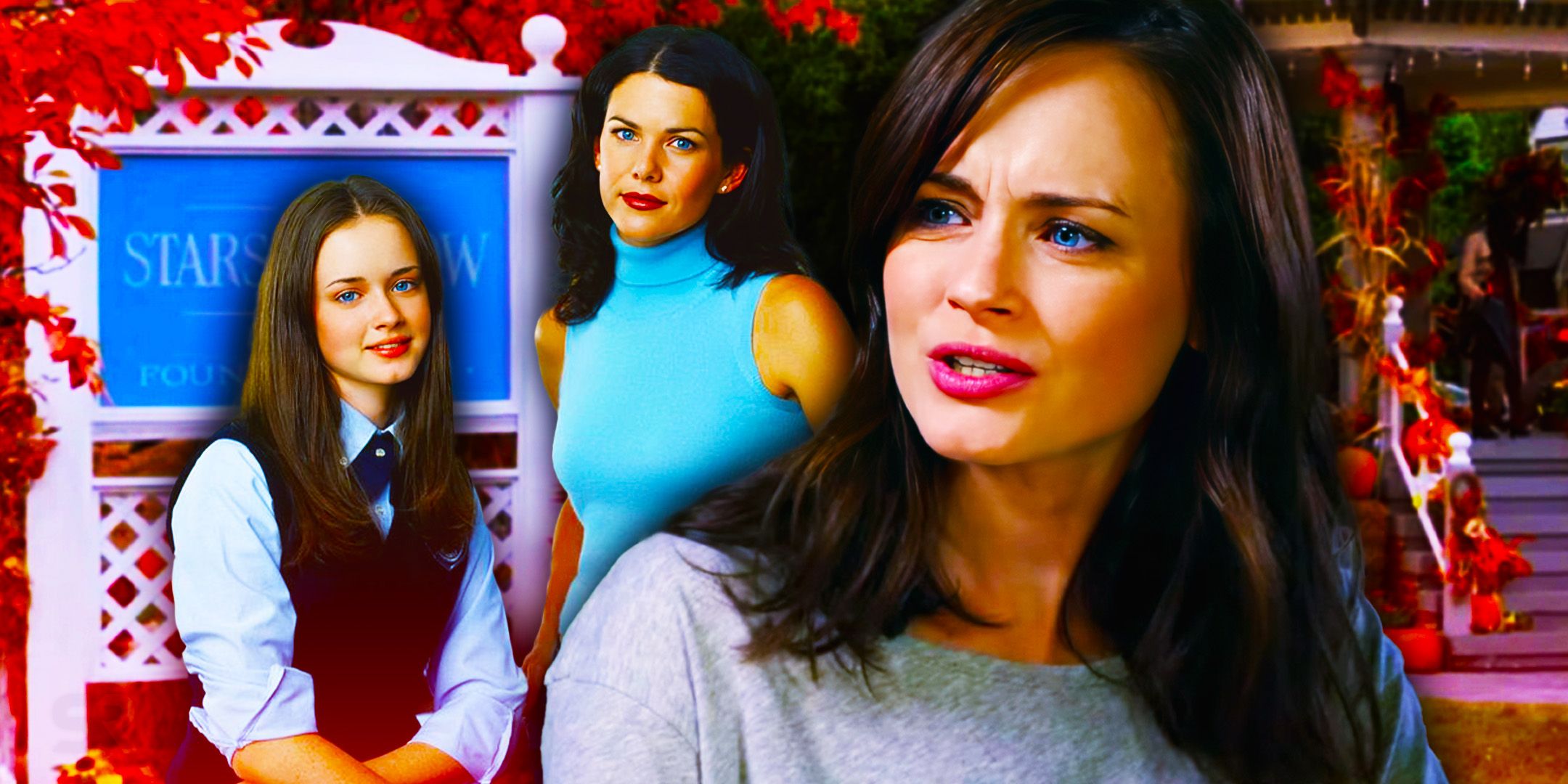
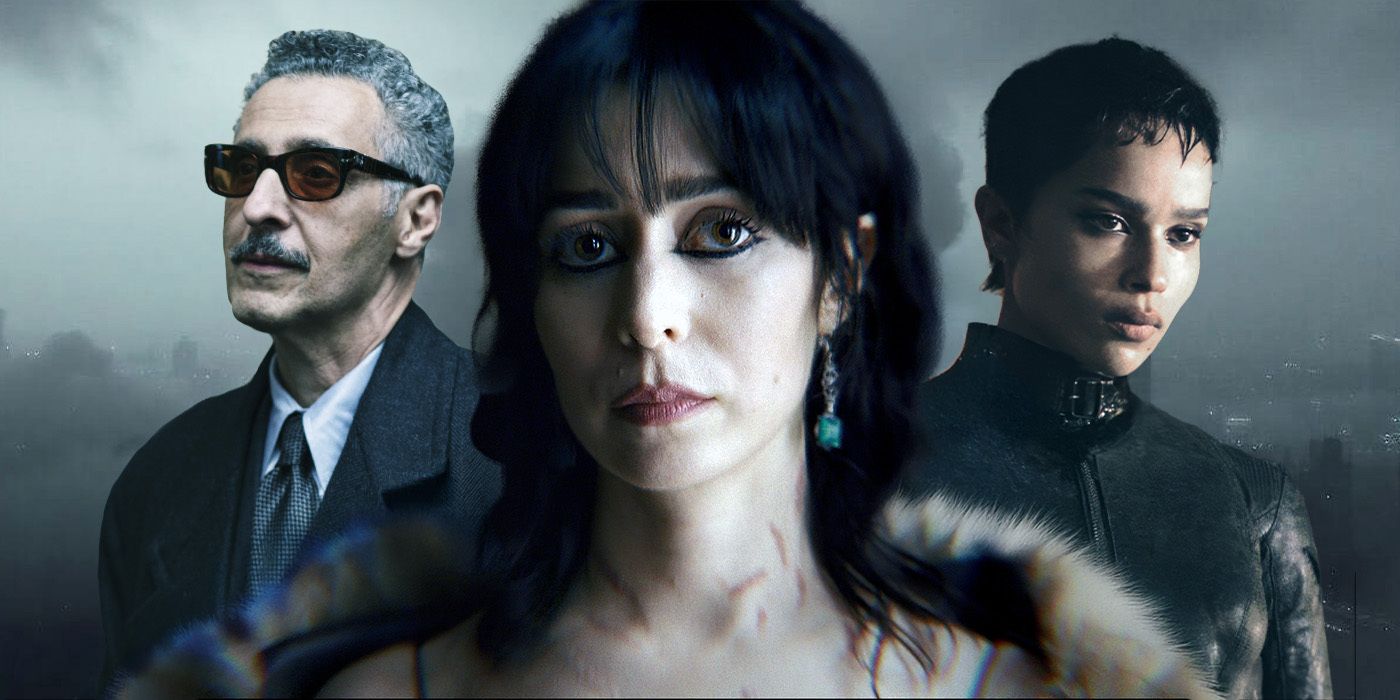

/cdn.vox-cdn.com/uploads/chorus_asset/file/25242409/20230608_Palworld_Screenshot_02.png)
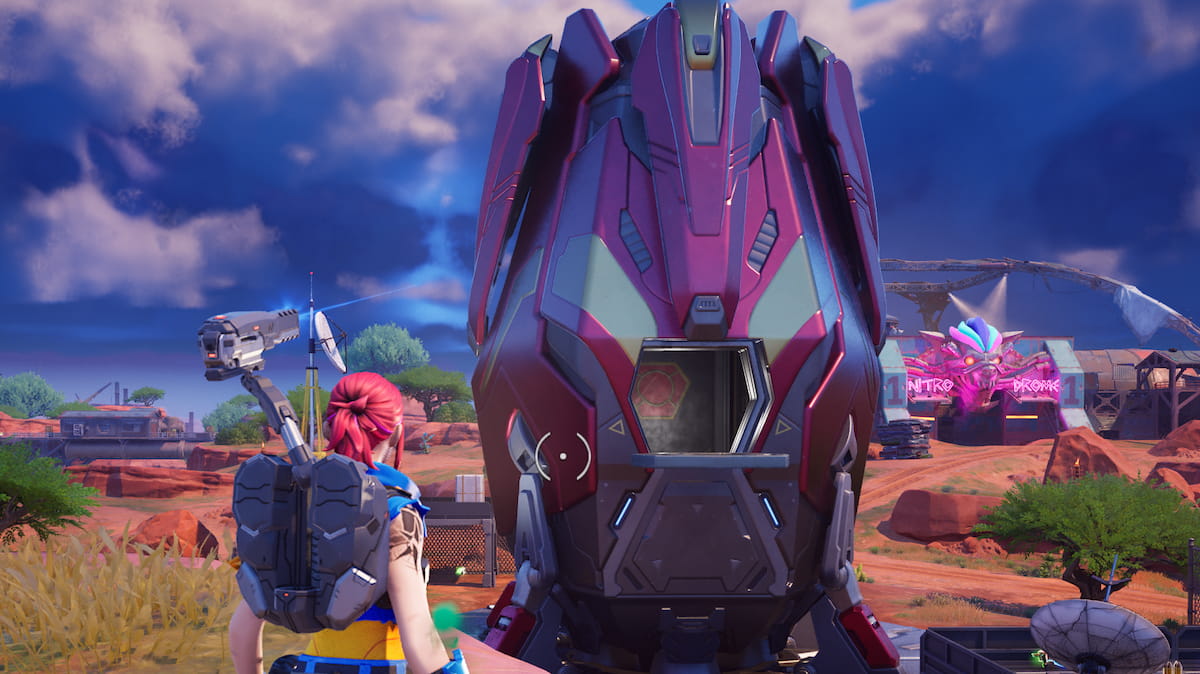

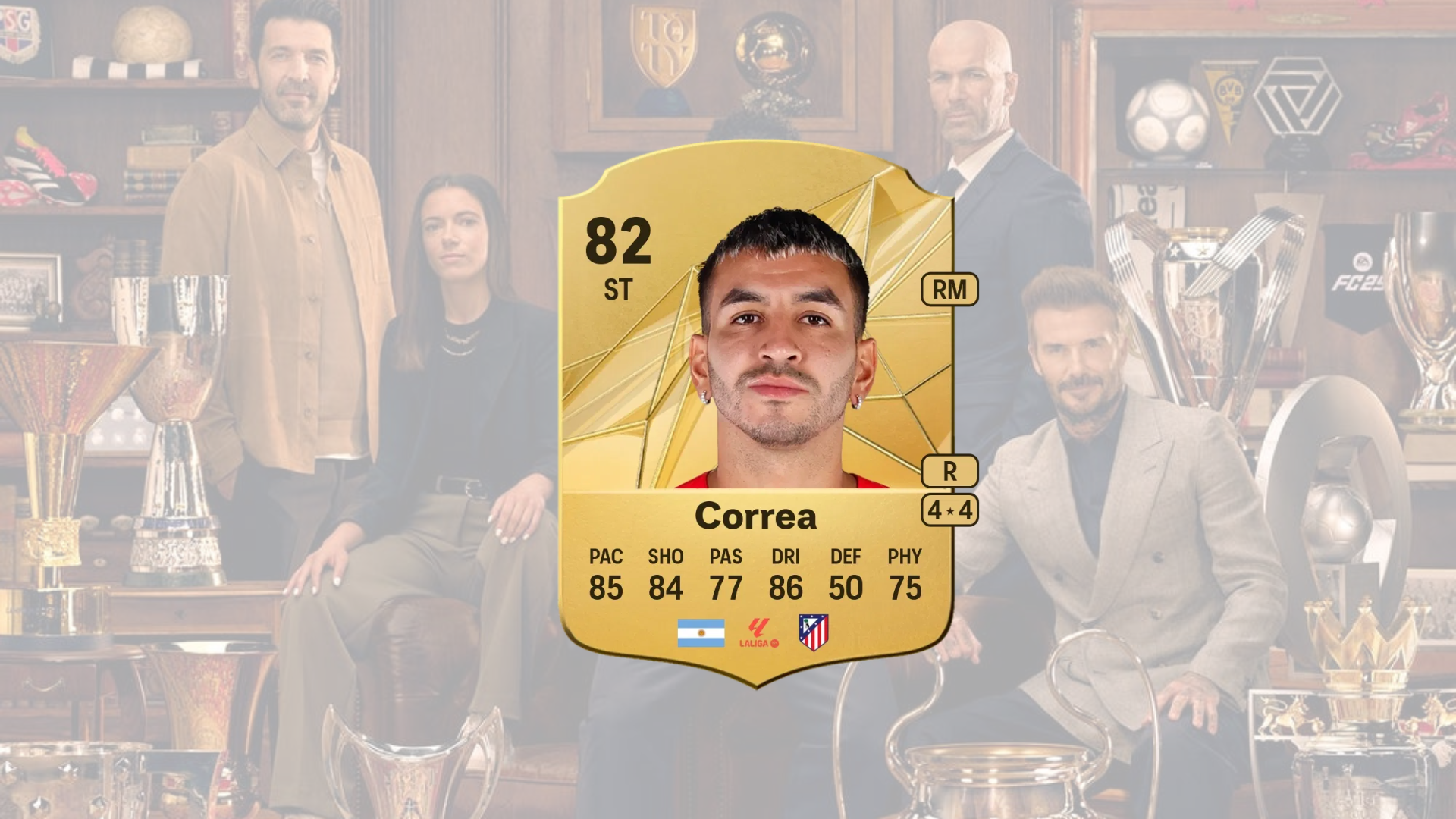
 English (US) ·
English (US) ·